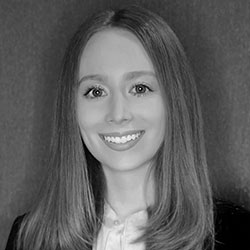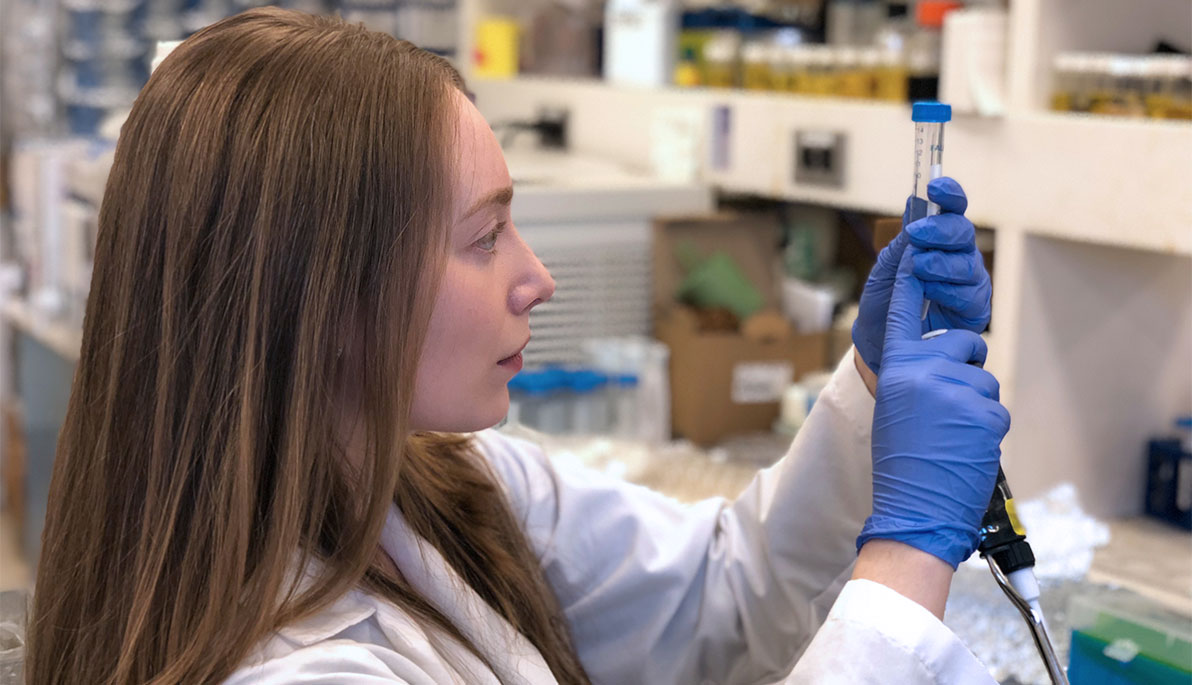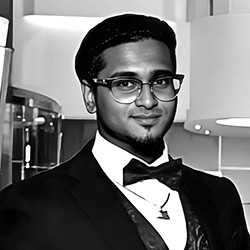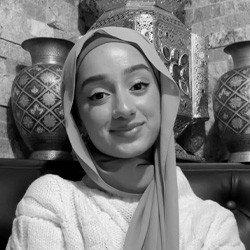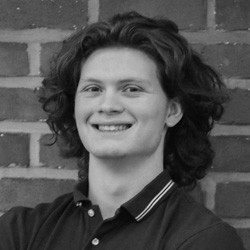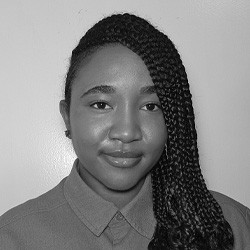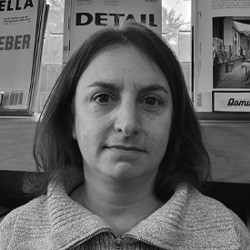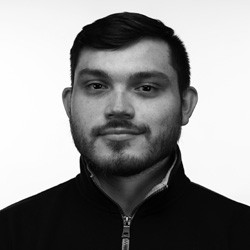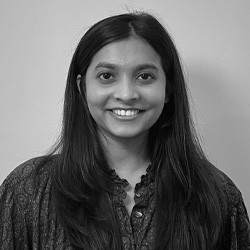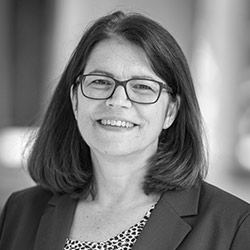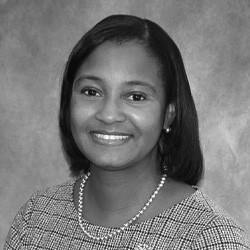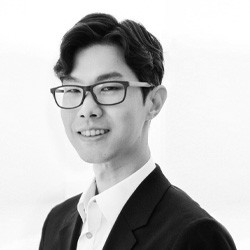Julia Schneider Wants to Pick Your Brain
Julia Schneider, a second-year student at NYIT College of Osteopathic Medicine (NYITCOM), is wasting no time pursuing her dream to become a neurosurgeon. “I always knew that I wanted to wake up in the morning or in the middle of the night or at any point in the day and save a person’s life,” she says. “I want to be the kind of neurosurgeon that doesn’t just tell my future patients (who may come in with a headache and clean CT or MRI scan) to go see a neurologist; I also want to give them options. My goal is to strengthen the doctor-patient relationship because that will enhance patient care and outcomes.”
Between taking classes and studying for boards, Schneider also finds time to research the complexities of the nervous system. Thanks to her extensive exploration of the subject, she was named the 2018 National Student Researcher of the Year by the Council of Osteopathic Student Government Presidents. “I am delighted to have their respect and recognition,” she says. Schneider has conducted clinical, basic science, and translational research. This three-dimensional approach, she explains, sets her apart in more ways than one. “I am able to think of different approaches at the [research] bench, which will help improve my bedside manner,” she says.
Since 2016, Schneider has been working at both The Feinstein Institute for Medical Research and Lenox Hill Neurosurgery as a research scholar. She and her mentor John Boockvar, M.D., have been working on disrupting the blood brain barrier (BBB)—a filtering mechanism of the capillaries that carry blood to the brain and spinal cord tissue, blocking the delivery of certain substances—while delivering chemotherapy drugs through the artery to deliver the drugs directly to the tumor.
She is also working on developing a new clinical trial to bypass the BBB. “The BBB has been a major impediment in getting chemotherapy drugs to the brain and directly to the tumor, so this is an important obstacle to address,” she explains.
Schneider also is pursuing more research opportunities. “In July, I will be starting my neurosurgical neuro-oncology research fellowship at Northwell Health’s Feinstein Institute for Medical Research and Lenox Hill Neurosurgery where I will be further enhancing treatments for glioblastoma [a type of brain cancer].”
Because Schneider has so many pursuits, she’s had to learn to manage her time. “I want to do well academically and conduct research,” she says. “A valuable lesson I’ve learned is that, yes, you can do it all—just not all at once! I am constantly juggling school with research, so I prioritize and make sure I utilize my time efficiently.”
She also credits her mentors with teaching her the most valuable lessons. “Assistant Dean Felicia Bruno has been one of my greatest supporters, and I truly value her opinion and guidance,” says Schneider. “I also appreciate the support of the faculty and how they want to see you succeed.” Outside of NYIT, Schneider feels lucky to have received guidance from the doctors she has worked with at the Feinstein Institute for Medical Research and Lenox Hill Neurosurgery. “The most rewarding aspect of my research has definitely been working with such incredible mentors who have guided me in all aspects of life and that is rare,” she says. “I am grateful for the support of my mentors, John Boockvar, M.D., Marc Symons, Ph.D., and Maria Ruggieri, Ph.D., for helping me learn, grow, and have the passion to move medicine forward.”
As she continues her medical journey, Schneider has this advice for incoming students: “Find your passion first, because at the end of the day, it’s not about rushing to get published—that will come—it’s about what you’re doing to change the future of a patient’s care, the lessons you’re learning, and the ideas you’re cultivating.”
